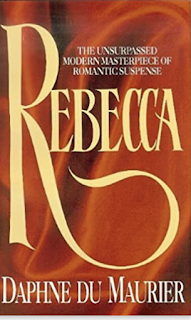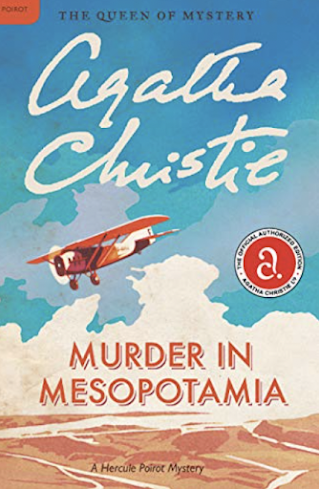Today I'm participating in Top Ten Tuesday, hosted by That Artsy Reader Girl book blog. I've wanted to do this for awhile but hadn't found the time. I love the idea of posting top ten lists each week and while I may not get to all of them, it's still fun to try! This week in honor of Thanksgiving the topic is Thankful Freebie. Here is my top ten list of characters I'm thankful not to be. I loved this idea and have to give credit to Cindy at The Speedy Reader blog for this creative idea.
1. Mrs. Danvers in Rebecca
by Daphne Du Maurier
The creepy, clingy, obsessed head housekeeper of Manderly was not a happy lady. I was glad she didn't win in the end.
2. Melanie Hamilton in Gone With the Wind
by Margaret Mitchell
I always felt sorry for poor Melanie. She's too sweet and compliant....she gets taken advantage of left and right and then dies in the end. I can't help it...I always preferred to be Scarlet!
3. Oliver in Oliver Twist
by Charles Dickens
This one almost needs no explanation. How can you not feel compassion and pity for this poor kid? It's a hard story to get through for sure. Happy ending...but tough getting there.
4. Tom Joad in The Grapes of Wrath
by John Steinbeck
He has the weight of the world and his family on his shoulders. Tom means well but can't seem to ever get it right or catch a break. It's a tough life for him.
5. Marley in A Christmas Carol
by Charles Dickens
As a child I felt so sorry for poor Marley. I'm glad he tries to pass on the knowledge of what NOT to do in life but I always felt bad he's stuck in the underworld.
6. Napolean in Animal Farm
by George Orwell
There's something pathetic about a character who can't see how oppressive he's become. You can't help but feel sorry for those who abuse others because they have become so evil.
7. Mr. Bennet in Pride and Prejudice
by Jane Austen
This one is meant to be funny. I just love the Father in this book and how long suffering he is with his wife. But would I want to be him in that house of chattering women? Nope :)
8. Daisy in The Great Gatsby
by F. Scott Fitzgerald
This character just comes across as an empty headed fool who uses those around her and won't take responsibility for her actions. I wouldn't want to be Daisy as she grows older and looks back on her life.
9. Raskolnikov in Crime and Punishment
by Feodor Dostoevsky
Watching the character try to justify his horrible crimes is frustrating. It is humbling to see him come to terms with what he has done.
10. Gilbert in Anne of Green Gables
by Lucy Maud Montgomery
I always felt a little sorry for poor Gilbert.....always chasing dramatic Anne. Sometimes I wanted to tell him to go find someone more sensible and worthy of his adoration.























